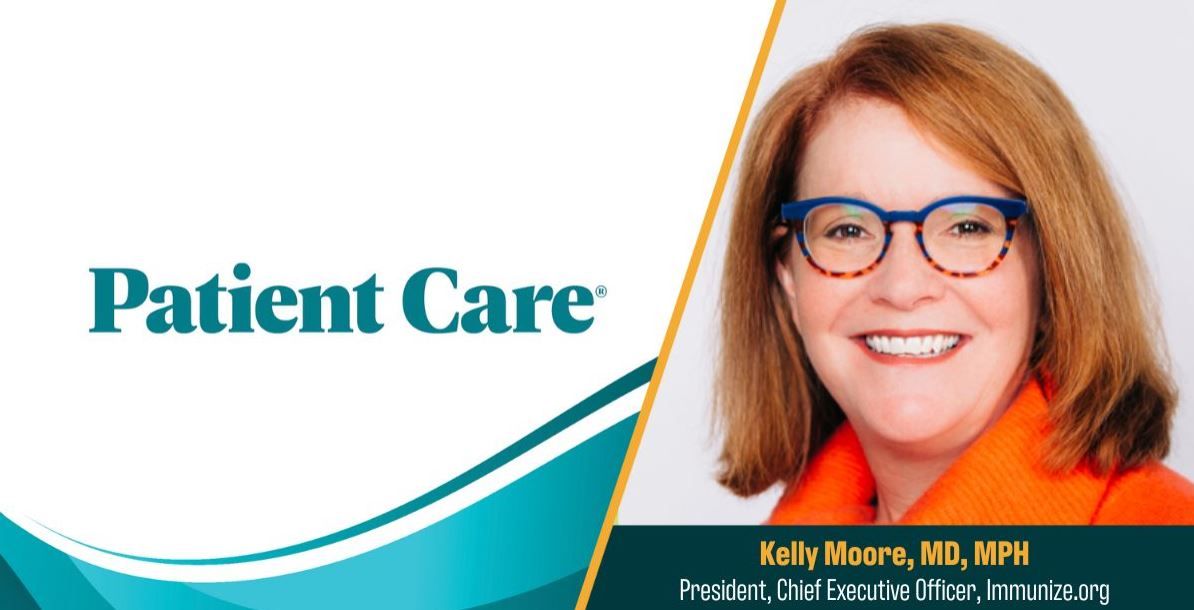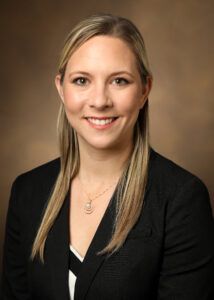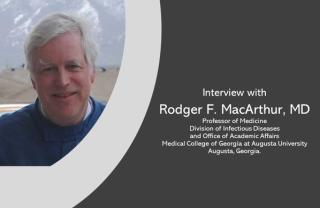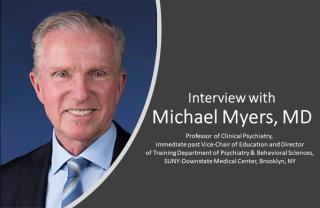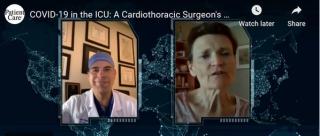
Infectious Disease
Latest News
Latest Videos

Shorts

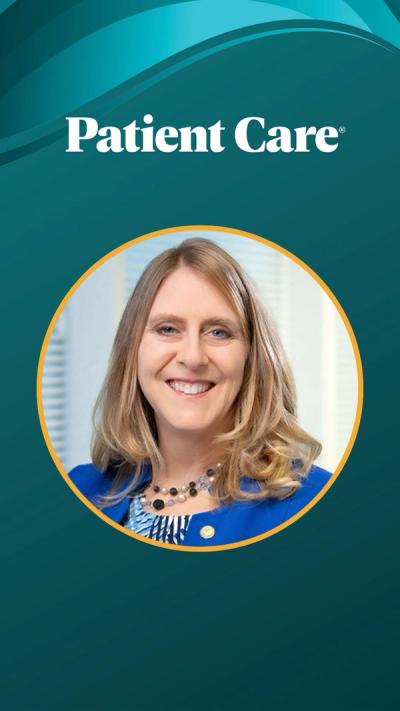
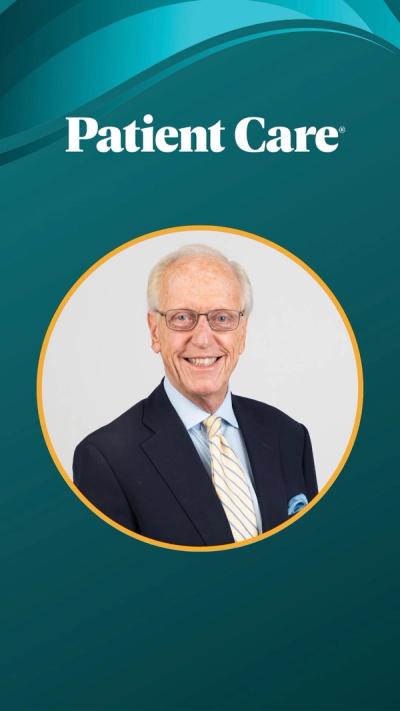
CME Content
More News

Your daily dose of the clinical news you may have missed.
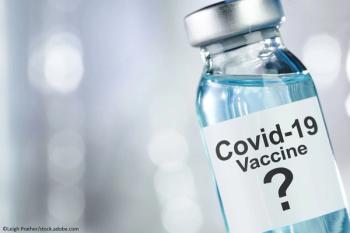
Seniors remain protected along with any adult or child with underlying risk factors for severe disease, but the healthy US population is left with a choice, so far.
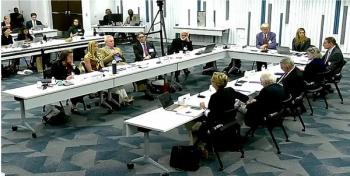
The ACIP on September 19 narrowly voted against requiring a prescription to get the shot but urged more detailed discussion of vaccine risks during shared decision making conversations.
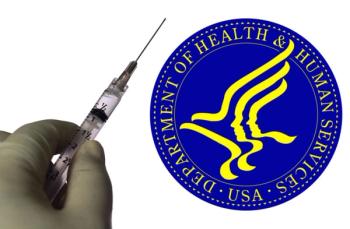
Discussions on day 1 focused on the difference between the MMR and MMR+V vaccines, with clinicians calling for inclusion of real-world experience in any ACIP decision.
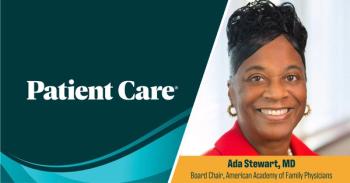
Ada Stewart, MD, reviews current guidelines, addresses patient hesitancy, and explains how HPV self-collection tests may expand screening options in primary care.
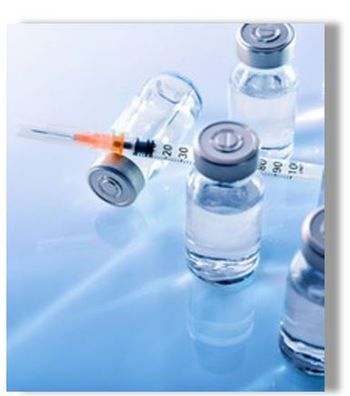
Regardless of decisions made during the ACIP meeting, health insurance plans will continue to cover shots recommended by ACIP as of Sept 1.
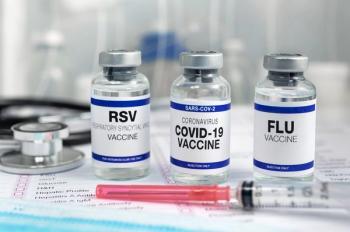
Most parents support childhood vaccines such as MMR and polio, but skepticism about seasonal and newer shots persists, along with distrust of federal agencies.
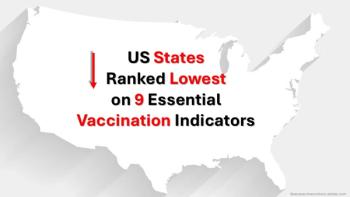
States in the deep South and the West consistently ranked lowest on rates of flu vaccination across age groups, number of teens vaccinated against HPV, and older individuals with shingles vaccination.

Ada Stewart, MD, board-certified family physician, offers strategies for introducing HPV self-collection tests, addressing patient communication, follow-up challenges, and more.

Ada Stewart, MD, discusses how HPV self-collection tests can expand cervical cancer screening options in primary care while addressing patient barriers and limitations.

Merck's CAPVAXIVE could cover approximately 78% of invasive pneumococcal disease cases in youth with chronic health conditions, vs other approved pneumococcal conjugate vaccines.
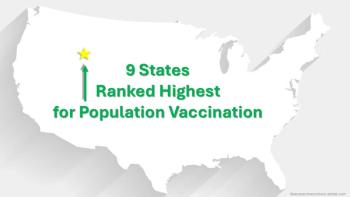
Northeastern states consistently ranked highest on measures including rates of flu vaccination across age groups, number of teens vaccinated against HPV, and older individuals with shingles vaccination.
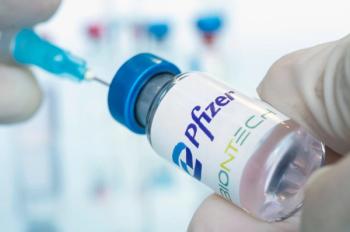
New data show the LP.8.1-adapted COVID-19 vaccine generates ≥4-fold antibody increases in older and high-risk adults, with no new safety concerns.

A secondary analysis of the DANFLU-2 trial found adults ≥65 receiving a high-dose flu vaccine had a 46% lower risk of myocarditis or pericarditis compared with standard-dose vaccination.

Your daily dose of the clinical news you may have missed.

Your daily dose of the clinical news you may have missed.

The FDA has accepted a New Drug Application for ensitrelvir, with a PDUFA action date set for June 16, 2026.
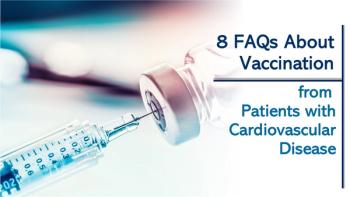
Based on the FAQ section in the ACC's 2025 Concise Clinical Guidance on vaccination in adults with CVD, this short slideshow also offers recommended answers.
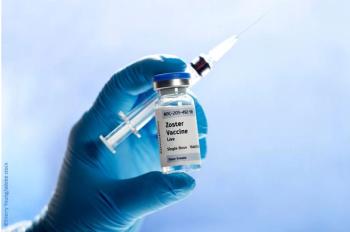
ESC 2025: The first global investigation of evidence for the potential positive connection is encouraging, but more research is needed to understand causality.
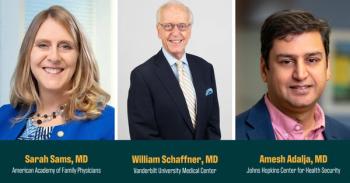
Infectious disease and family medicine experts share guidance on vaccine policy changes, patient communication, and boosting vaccine confidence.
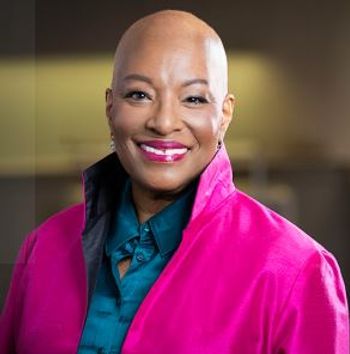
ACOG CEO: “In the face of misinformation and vaccine hesitancy, a strong, evidence-based recommendation...from a trusted clinician can go a long way."
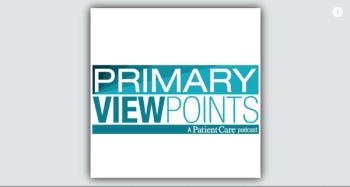
Infectious disease expert shares strategies for PCPs to counter vaccine myths, navigate policy changes, and build patient trust.

Z-1018, which combines a glycoprotein E (gE) antigen and proprietary adjuvant, was evaluated in adults aged 50 to 69 and the 100 µg dose will advance to part 2 of the trial.
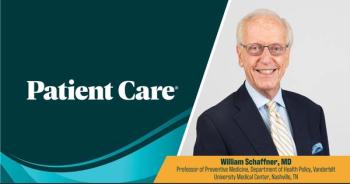
William Schaffner, MD, a long-time liaison from the NFID to the ACIP working groups, is concerned about fragmentation of US vaccine recommendations.

William Schaffner, MD, advises first and foremost to stay away from politics, to acknowledge and normalize patient fear and concern, and to answer quickly and with confidence.



